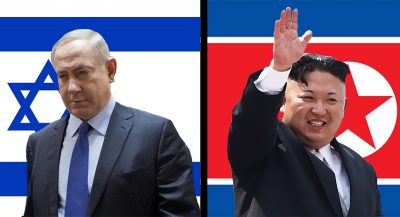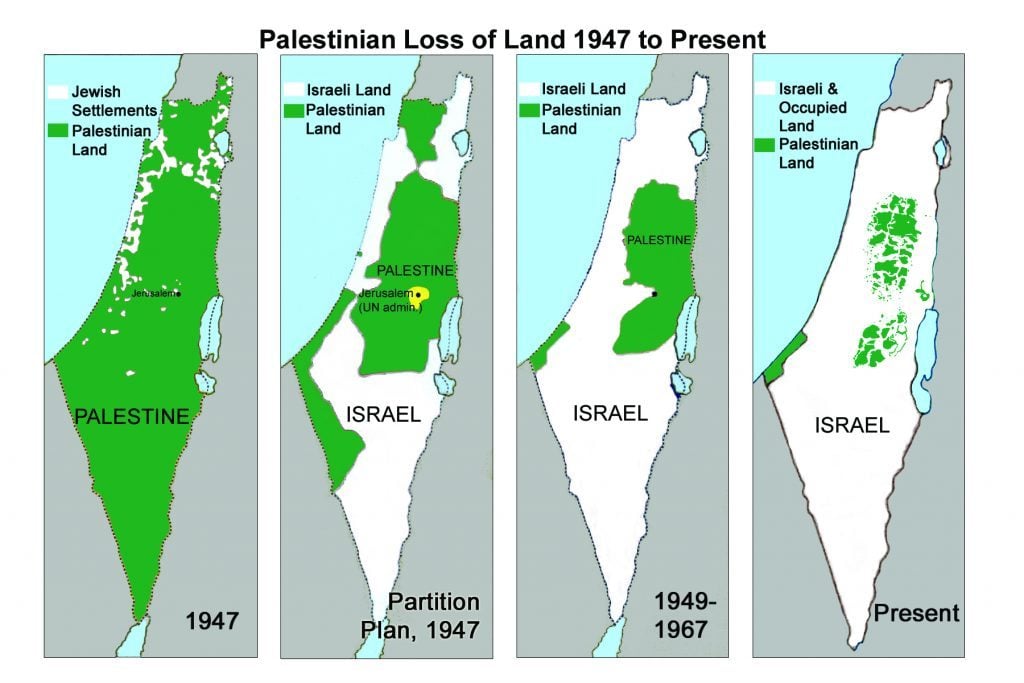Paik Yonjae - I am trying to find more information about an...
Paik Yonjae
2 hrs ·
I am trying to find more information about an Australian Quaker, Keith Watson, who wrote this letter in 1964~1965. Does anyone have a clue...?
Dear Kyu **, and Je **
I received Je **’s letter last week and it affected me deeply. I wonder if you know what a great inspiration you both are to me.
When I left Korea I was determined to try to go North Korea so I could gain a better understanding of the Korean problem. But since I have parted from you my thoughts are with you more and more. I am challenged by your devotion and your poverty of spirit. After receiving Je **’s letter I made a big decision. I will not go to North Korea. For if I go there it will be impossible for me ever to return to South Korea – at least, until the country is re-united.
Also last week I read for the first time Ham Sok Hon’s New Year’s message which appeared in the Tonga Ilbo on January 1st, 1964. I read it and again, and I knew that what he said was true. The solution of Korea’s problem will not come by negotiations not by the kind of foreign aid that is now being given. The only solution is for the Korean people to have a new spirit – conscience, courage, faith, cooperation.
So I have decided to dedicate my life to building brotherly relations between countries. And in particular I shall devote myself to the relation between Australia and Korea. Because Korea is such a significant country. There is no other country so significant for world peace. Out of Korea a new baby will be born; the baby is true democracy and international brotherhood. Now you are all going through the birth pangs. But something is lacking to help the baby to be born. I think that something is support and encouragement from outside. I see you and the Friends and other people whom you introduced to me as the seed of this new life. I think of Ham Sok Hon as your figure-head.
Now I know without any doubt that my task is to support and encourage you all. Thus, I have decided to return directly to Australia. There I shall travel about the country spreading Ham Sok Hon’s message – the good news of Korea. I have given you all, through Ham Sok Hon, all my money (about 700,000 won). I am strong and healthy and I want to work with both my body and mind. But I shall not work for money but only for service. I shall accept money only for my bare needs. If the only hope for Korea, and for the wold, is poverty of spirit, then you Koreans must have poverty of spirit. And if you are to live in poverty of spirit, then so must I. If I am really to be a bridge between your country and mine, how can my message of Korea be other than a total concern, in deed as well as word, for the suffering of Korea?
So long as I share all my wealth you, I believe I shall have power to draw other Australians, perhaps starting with Friends, to share likewise. This is because I have faith in you and also faith in my fellow Australians. I believe in what Ham Sok Hon says: “we must achieve an impossible thing. To do this we need something outside the present contents of living, above and beyond all our spiritual activities. Because we lack this something, we cannot extricate ourselves from the grip of incantation of reality. What is this something? It is faith.”
So long as I share all my wealth you, I believe I shall have power to draw other Australians, perhaps starting with Friends, to share likewise. This is because I have faith in you and also faith in my fellow Australians. I believe in what Ham Sok Hon says: “we must achieve an impossible thing. To do this we need something outside the present contents of living, above and beyond all our spiritual activities. Because we lack this something, we cannot extricate ourselves from the grip of incantation of reality. What is this something? It is faith.”
Now there is no question of “helping” you, just a question of your and my responsibility.
I have written, and shall write more, detailed letters to Lee Yoon Gu and Ham Sok Hon. So you must read them in order to understand better my thinking. One of the most important things is that the aid you receive from outside should be completely free for you to use as you think best. But this will require careful administration and coordination. That’s why I wish someone like Yoon Gu may use his abilities in this respect. And you will have to be careful about organizations, I think over-organization will kill the whole movement.
Now I need your help just as much as you need mine. Please pray for me just as I am praying for you. I don’t mean praying with words, but with our whole lives.
Will you read this letter the Poolmoo Hakwon staff and pupils and to the people of Kidok’ok Nong Won? I want them to know how they inspired me and how much I am placing my faith in them.
I always remember you saying at work camp that for your, the most significant of Christ’s sayings was “Happy the poor in spirit”. I also regard this as the most significant. Poverty of spirit is the key principle for the growth of the new Korea.
Your Friend,
Keith
LikeComment
2You and 1 other
Comments

Sejin Pak 찾아보죠. 함석헌 선생에 대해서는 호주 퀘이커 중에 나이 먹은 분들이 많이 알고 있더군요. 호주에 오셔서 몇 도시를 돌고 가셨던 것 같더군요. 70년대 였던가?




